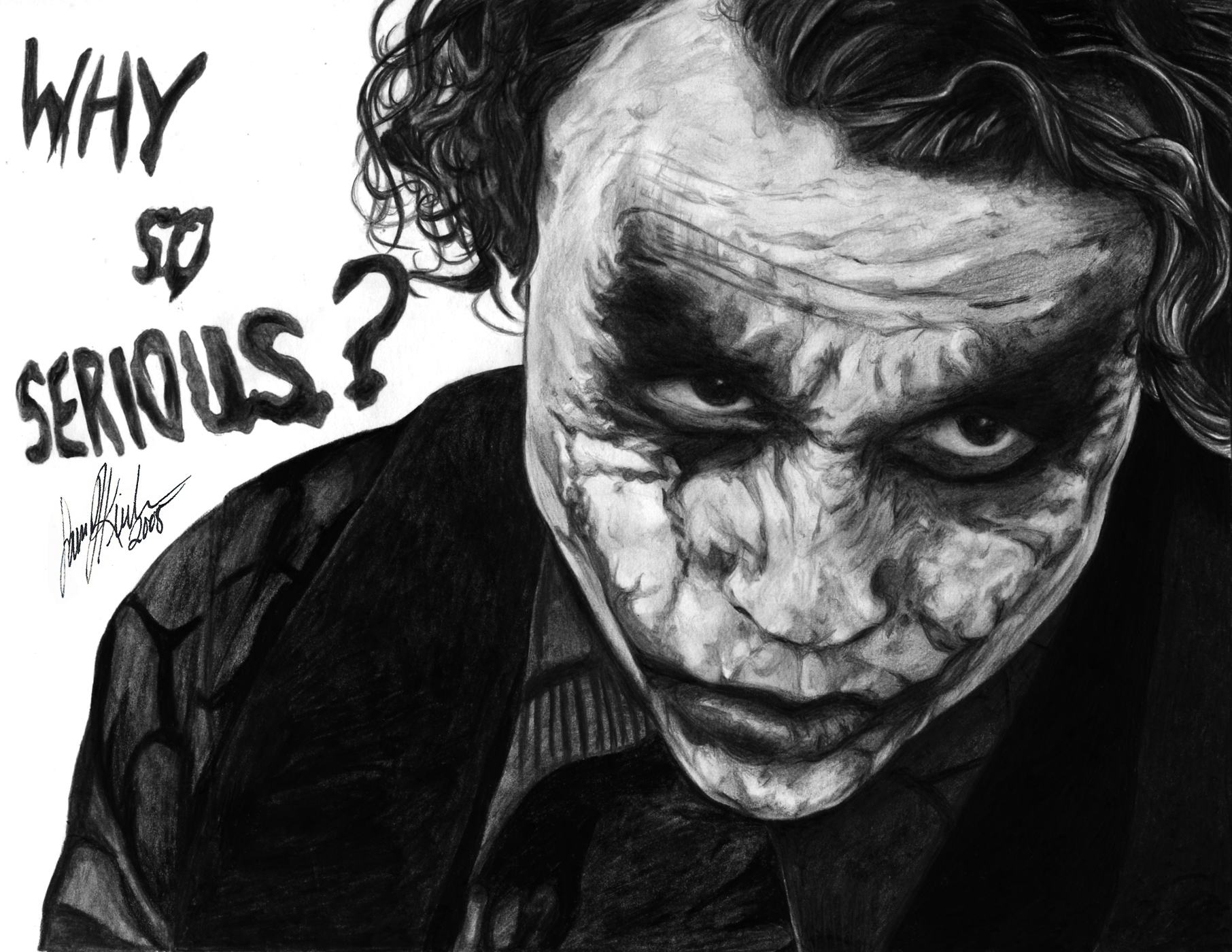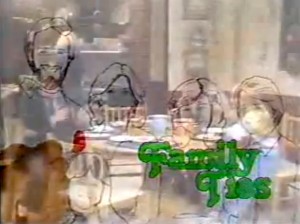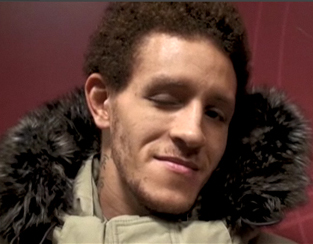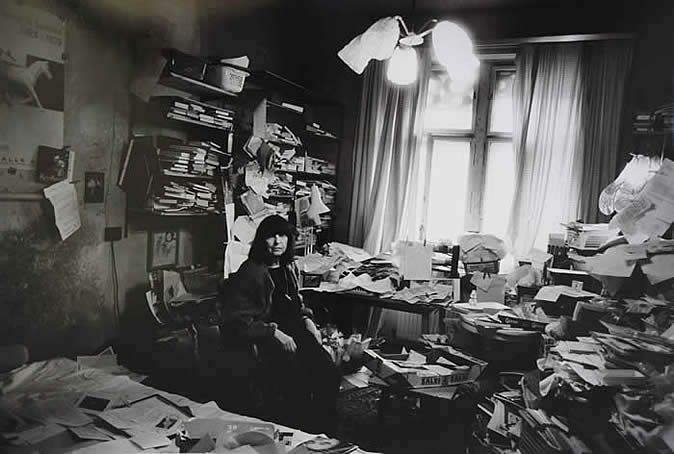Coco on Writing

“When I was around [Ice-T] for a couple weeks, I gathered all the facts of what he liked and what he didn’t like, and I just shape-shifted into that woman for him.”
“If you saw my boobs before I got them done, they were actually a nice size; nice and squishy, waterly [sic], flip em’ around, you know…”
“My hips were always a little bit bigger than the top half of me and I wanted to even it out.”
“It’s too time consuming, and honestly, people with lives don’t really have the time to make comments at all. I don’t even have the time to go on the Internet anymore. Who has the time to actually log in, put your email address in, put if you’re female or male and all of that good stuff, and then make a comment…” READ MORE >
Seriously, Though… Some Thoughts on Writers Who Take Themselves Seriously
In an interview with The Paris Review, the whole of which is worth reading, James Salter discussed his writing process and how he thinks through his writing at the language level. He said:
I’m a frotteur, someone who likes to rub words in his hand, to turn them around and feel them, to wonder if that really is the best word possible. Does that word in this sentence have any electric potential? Does it do anything? Too much electricity will make your reader’s hair frizzy. There’s a question of pacing. You want short sentences and long sentences—well, every writer knows that. You have to develop a certain ease of delivery and make your writing agreeable to read.
Throughout the interview he speaks at length about his process and his influences and how he deliberately approaches his craft. He gives the impression of a writer who takes his craft and himself as a writer seriously. There is a confidence in his words, and he does not shirk away from being open about putting in the work of writing. Certainly, some of this confidence and self-awareness comes from a long career and the wisdom that comes with being older. He has had plenty of time to be able to articulate his aesthetic and his process. I would also think, though, that given his body of work, and the way he approached the interview, he is a writer who has always taken himself seriously.
The GZA on Writing

“One time a producer asked me, ‘what kinda beats do you like?”‘ That’s like asking me how does energy look? I can’t tell you that.”
“It should be clever. It should be fly. It should be hard. I think it should be gangsta. I can do songs that have only one profane word and it will sound just as hard as having a bunch of very profane words, because I can deliver it like that. And a lot of artists don’t realize this because they don’t control it—the environment controls them.”
“She asked me, ‘what’s your song about?’ I said, ‘it’s hip hop’ – I’m not being funny, I’m being blunt. She was like, ‘I know it’s hip hop, but what are you talkin’ about?” I’m speakin’ about so many different things… The majority of my shit is just a whole bunch of shit, but still a clear picture. You can come off deep without trying to be deep.”
“Y’know, it’s like imagine scratchin’ a lottery ticket, y’know? Sometimes you really got to go beneath to see what’s under there, if you won, y’know? It’s like listening to the album over and over. Go beneath it, listen. Listen.”
“You might not catch it for like two years or three years. You might not catch it. I’m not sayin’ that it’s deep, that what I write is so, so deep where it requires research. It doesn’t. It requires thinking.”
“It doesn’t make a difference whether you live it or you don’t. I can write about stuff I don’t live, the person who wrote Harry Potter you think they lived all that shit?! I don’t have to physically own a Rolls Royce to talk about being in one. I’m not saying there’s anything wrong with talking about cars or clothes, but shit, make it interesting.”
“With the clock you can be winning on the board, but losin’ in time. It can really throw your game off. It’s like the best thing to do is not to even pay attention to the clock, like it’s not even there. If your time runs out, it runs out.”
“The majority of people are not gonna catch the lyrics at all. But I do it for myself.. Whether you catch it or you don’t, I don’t wanna make it simple. It may sound simple but…It’s like I say ‘On a man made lake there’s a sheet of ice/unskilled skaters couldn’t figure eight twice.’ I’m talkin’ about ice you can skate on. I could be talkin’ about jewelry, y’know? Then I say ‘they couldn’t figure eight twice.’ That’s sixteen, ‘cuz 8 and 8 is 16. Then I say ‘Uncut direct from the Colt.’ Now I’m talkin’ about a gun, but I don’t have to say gun. ‘Head on assault/the result was death by the bulk.’ It’s like you can see it so many different ways. That’s how it is.”
“Wu is the sound when a sword swings. Tang is what you hear when it hits an object or another sword. The tongue is a sword, when in motion it produces wind, just like when I speak. Everything is connected.”
“I don’t really know too much about astrology, but I can relate to the universe and the stars, because that’s me, that’s us, y’know.”
Summer JMWW: This with That
The new JMWW is a mind-fuck. How so? It gives us an essay (“MFA my way: In Writing, As in Life, You Must Have Character“) by Christine Stewart. She drops us three rules to creating literary work that will, in her words, “…makes my heart beat faster, that promises to cast a spell over me.” This advice:
How to do this? It’s pretty simple but I see people forget these basics all the time:
1) You must have a good handle on your main character.
2) Your main character must want something.
3) Your main character must do something.
I find Stewart’s “cast a spell over me” requirements as a worthy goal for a book. I also look for this type of literature, but I respectfully disagree with Stewart’s advice on how to create such a thing. While I have certainly dropped into fictional dreams due to character development, I have also been spun into spells by glow arrangements of words. Possibly I am confused on genre. Stewart opens with a poetry group situation, but is maybe writing only about mainstream fiction? Anyway, this is why JMWW is a mind-fuck. It’s an interesting essay to place along works (see below, among others) that do not meet the character sketch, character driven, character-with-clear motivation template. This juxtaposition fascinated me, and made for a verve/swerve issue. Click.
That We Never Knew This Reaches Upward, Assists the Room Grew by Andrew Borgstrom
From Michael Palmer vs. Michael Palmer (2) by Michael Leong
Damper by Cooper Renner
Ark Codex 0-01-08 by (?)
Delonte West on Writing
I’m into all kinds of art. I enjoy beautiful things and I like to create.
I guess he had some emotions he wanted to get off his chest. He was just skipping down the Yellow Brick Road in the Wizard of Oz.
If we are going to play with a sock, I’ll play with a sock.
I got out of house arrest this morning.
Bugs Bunny is the smoothest dude I ever met. You know he be chillin’ like it just be a normal day and he- it be cold just like how it is in Boston and he just want to dive in the ground, pop up, he be like oh man this ain’t Albuquerque. That’s got to be the tightest life you just hop underneath the ground and go! No traffic, no Mass pike, no tolls, no taking Yankee hats off- just underneath the ground…BAM…carrots…
I did a study in college, and my study show, in the African American community, the Yankee hat, the navy blue and white, it just, I don’t know, do something for your swagger.
I like to paint murals of the ocean that I see beyond the horizon, because I feel if — in order for us to grow, we gotta know.
You kinda almost have to be the voice of reason out there.
My timing’s a little off. I felt a little foolish.
Soon, maybe this summer, I may get an art gallery going.
Twenty years from now, you’re going to see me riding in a drop top hummer buck naked with some ankle socks on and a headband on.
Well, there is two halves to everything.
One fish, two fish. Red fish, blue fish. Knick knack, paddy whack, give a dog a bone. Ding.
You can’t kill a G. Bugs Bunny is a G.
They took my uniform out of my locker today.
I think it’s kind of freaky.
Kenneth Anger on Writing

“Nobody in America, in the modern generation, has read their mythology or legends.”
“In fireworks are released all the explosive pyrotechnics of a dream. The inflammable desires, dampened by day under the cold water of consciousness, are ignited at night by the libertarian matches of sleep, and burst forth in showers of shimmering incandescence. These imaginary displays provide a temporary relief.”
“But films are very constructed—they’re like architecture. They’re pieced together, glued together. To me, it’s a craft. It’s like making a tapestry. And I prefer to think of it—you know, um, the sweat is supposed to be invisible.”
“I’ve made several films that haven’t been shown.”
Edge of Vision: An Exchange with John Duncan
John Duncan is an artist that has been working in the realm of art-as-experience since the mid-1970s when he lived in LA. His work has gone through many different forms and mediums as time has progressed, moving from direct actions at the start of his career to carefully articulated audio work as a primary outlet currently. Early on in his career Duncan found himself exiled from LA after performing a specifically transgressive performance piece, BLIND DATE. I find Duncan interesting due specifically to his insistence on art being affective, and how he has moved through and explored this idea throughout his career. The idea of affect is a powerful force no matter what medium it’s applied to, and Duncan is a master of transcendence, of reaching new feelings.
A couple weeks ago I emailed John Duncan with the request to ask him a few questions, and he was kind enough to comply and provide fantastic answers:
M. Kitchell:I have an interest in the consideration of “the artist” as a shaman, or the artistic practice as a shamanistic practice. What I specifically mean by this refers to “the belief that shamans are intermediaries or messengers between the human world and the spirit worlds,” and the idea that “the shaman also enters supernatural realms or dimensions to obtain solutions to problems afflicting the community” (wikipedia). You have specifically expressed the idea that much of your praxis is geared towards learning, in a sense a self-education. It seems that an extension of this, in the presentation of the work itself, is the interest in a mode of communication, a way to share the experience and the knowledge learned. In some of your performance & installation work, it could be said that you are subjecting the audience to as much stress, or, perhaps, negativity, as you have submitted yourself to. There seems to be the intent of arriving at, say, a new consciousness, a discovery, an advancement. I think there’s generally an expectation of a distance between the audience and the work of art, but much of your work seems to deny that distance, it seems to specifically violate it. This denial of distance is not specifically something unique to your work, but much of your early work (SCARE, MOVE FORWARD, MAZE) seems to aggressively challenge this distance. Can you talk a little about this, how important the communication of an experience is to your work?
John Duncan:The essence, especially now, is not so much the communication of an experience as it is the experience itself. In all the works you mention, the point is to somehow get spectators to at least meet me halfway as participants. To make it clear that the extent the work reveals itself to a participant depends on whether or not the participant allows it to do so, on each person’s attitudes and character.
The difference between my earlier and more recent events is that in the past participants were usually trapped and forced to deal with a unique situation that they weren’t at all prepared for, which was essential to the event. Once trapped, it was up to the individual to interpret the situation as a threat or as a chance. Now, participants are free to leave at any time. They are given a condition to accept or not. For the person who does accept, decides to follow their curiosity, the work continues to open and develop. If the person refuses, everything stops there for them, the knowledge that they couldn’t let go is what they take home.
Friederike Mayröcker and some scattered thoughts on writing spaces
Look at this clutter. Kind of glorious, no?
Is a messy mind the mark of a good writer or is that something dysfunctional people tell themselves in order to find comfort in the heaps of scattered pages? What is your writing space like? I don’t really have one, as I’m always on the move these days. I will say that it’s hard for me to sit at a desk. The closest I ever came to incorporating a desk into my erratic work routine was when I would go to IHOP in the middle of the night and stay until morning downing cup after cup of decaff coffee while scribbling in my notebook all bleary-eyed and delirious. But if it were socially sanctioned, I probably would have sat on the IHOP floor. Mostly I do everything while lying down in my invisible bed or sitting on the floor, perhaps because I am lazy…? I don’t believe in furniture. Probably am just undomesticated, feral. At a writing residency last year I had a normal room with a desk and a bed. And what did I do? Pulled the mattress onto the floor and probably didn’t sit at the desk once.
.
.
.
“I MUST FORGET EVERYTHING in order to finish this work, you have to get yourself in harness, no enmeshed, once you get involved in a writing project a writing diktat, there is no going back, or everything will be ruined, isn’t that right, maybe it’s getting your claw hooked into the robe of language, you attach yourself, you get snared, you get snagged in language in the MATERIAL in the TEXTURE, etc., and in the same way language seems to get hooked, attached, it hooks its claws into us the moment we acquiesce, so, we lead we guide each other, in equal measure . . .”
–Friederike Mayröcker, brütt, or The Sighing Gardens





